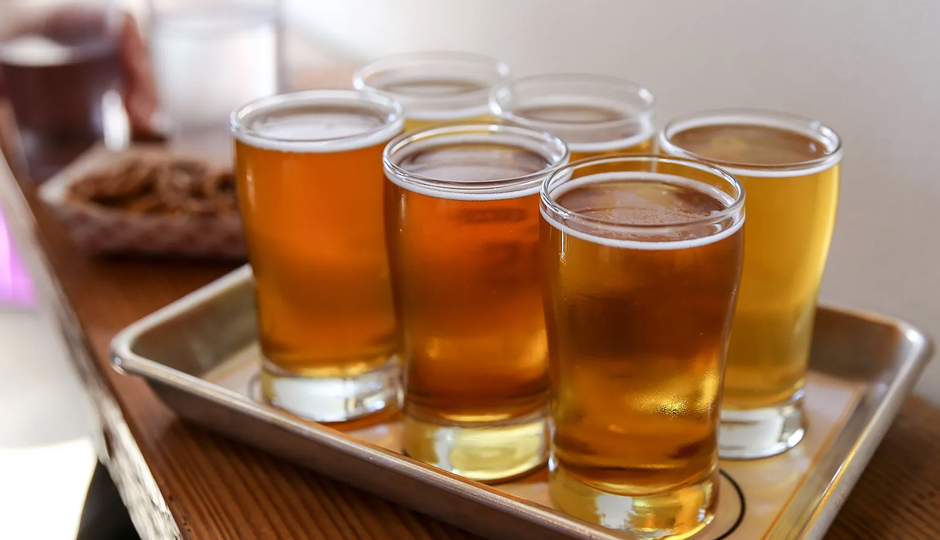5 Amazing Facts You Should Know About Maldives
By: Kratika Maheshwari Thu, 09 June 2022 2:58:02
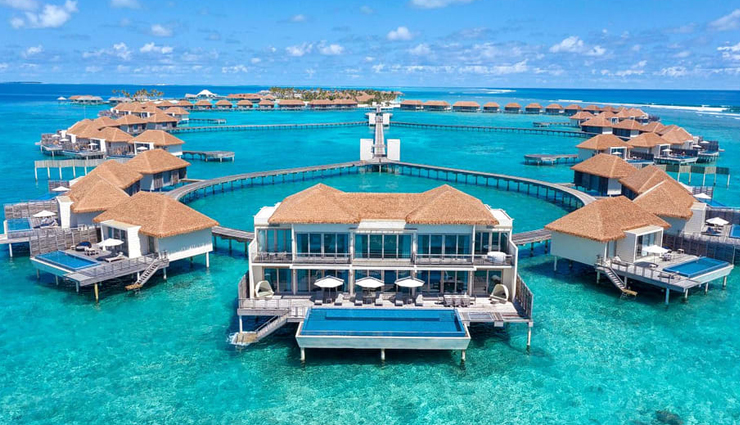
If you’ve ever seen pictures of a tropical island with sparkling blue water that stretches as far as the eye can see, private beach huts on white sandy beaches, and coral reefs that teem with life, chances are they’re pictures of the Maldives. This tropical paradise sits in the middle of the Indian Ocean, and is made up of 1,190 coral islands and atolls that stretch over 90,000 square kilometers (35,000 sq mi). Ninety-nine percent of the nation of the Maldives is ocean water, but it still supports a rich, 3,000-year-old culture, an amazing educational system, and a ridiculously intolerant government.
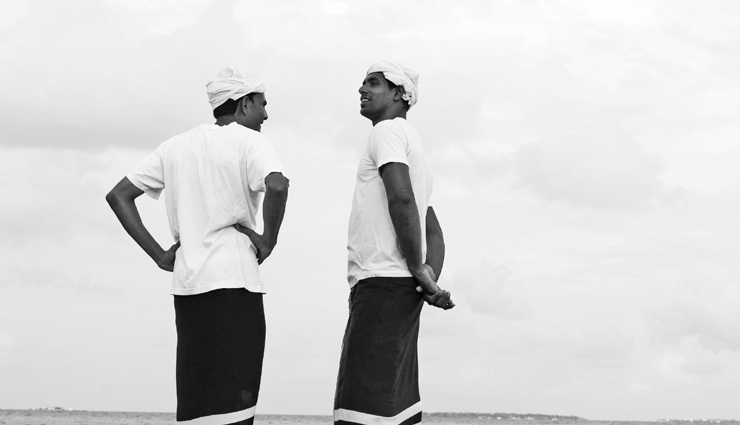
# Established By An Exiled Prince
For as long as there has been recorded history, the Maldives has been an incredibly important island chain due to its location along a number of trade routes. The first people to officially colonize the islands came from India; the real date is unknown, but it was thought to happen before 269 BC. Legends says that there was no government, only a peace-loving community of people who worshiped the Sun and the water.
The first actual kingdom was said to have been established by the son of the king of Kalinga in India. The king was greatly displeased with his son, so he was sent away to the Maldives—what was then known as Dheeva Maari. This prince, named Sri Soorudasaruna Adeettiya, was responsible for the establishment of the Maldives’ Adeetta Dynasty. Also known as the Solar Dynasty, this era ended with the marriage of a Solar Dynasty queen to a prince of Kalinga’s Lunar Dynasty.

# 98 Percent Literacy
The Maldives boasts a 98-percent literacy rate among adults; this is a huge jump from 70 percent in 1978. Residents are spread across a number of islands—about 200—making a unified education program difficult, and with 35 percent of the country’s residents under 18 years of age, education is a major key to their future success.
With the aid of UNICEF, the Maldives has created a unified education program in the years since 1978. They built Teacher Resource Centers that utilize the internet for long-distance teaching between islands, and created an education program that advocates teaching not only children, but parents and caregivers, who are urged to take an active roll in education.
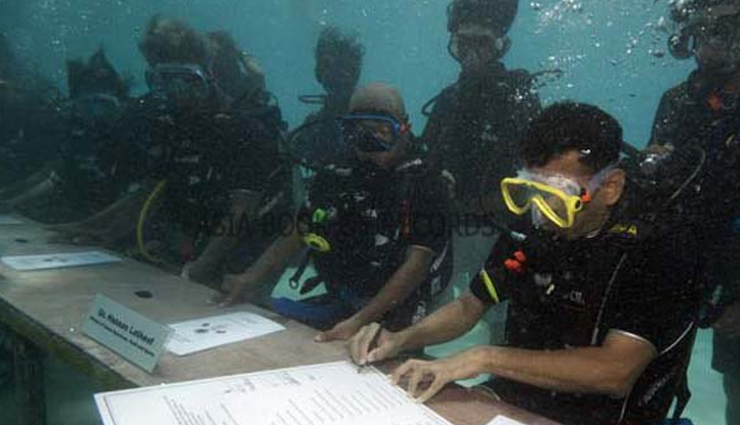
# Underwater Cabinet Meetings
For the Maldives, climate change and a rising ocean level is a very real threat, with a handful of islands already evacuated due to the rising ocean waters that have interfered with fresh water sources. In order to draw attention to their concerns, President Mohamed Nasheed moved the October 2009 cabinet meeting to the bottom of the ocean.
The president and 13 other government officials strapped on scuba gear and sat at desks that had been sunk to the bottom of the sea in an attempt to raise awareness about the dangers facing the island chains. He also wanted to draw attention to the sustainability projects he had in mind for reducing the carbon footprint of an entire nation; those plans include biodegradable resorts and sustainable tourism, as well as harvesting all energy sources on the islands, like wind, water, and solar power.
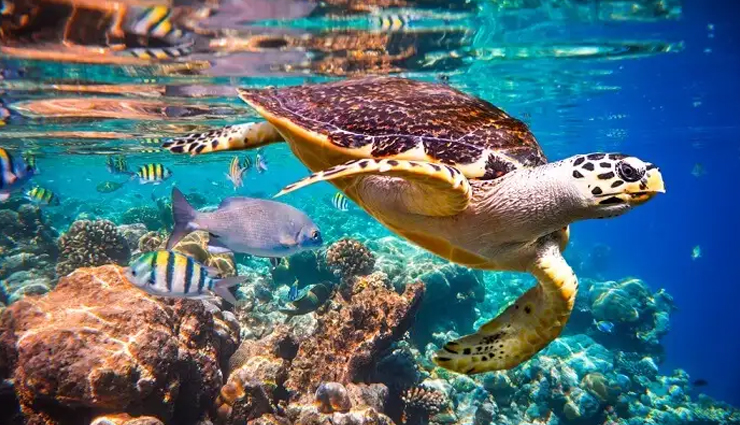
# Incredible Ocean Life
For most people in the United States, a whale-watching tour might consist of an 8-hour day out on a boat, where you will either see a whale or two . . . or nothing at all. Go whale watching in the Maldives, though, and you’re guaranteed to see anywhere from 1,500 to 2,500 individual whales and dolphins. At any given time of the year, there are 10 to 12 different species of whales and dolphins that call the coral reefs of the Maldives home.
In addition to dwarf sperm whales, false killer whales, and real killer whales, there are also striped and spotted dolphins, bottlenose dolphins, and pilot whales. A single school of dolphins can contain more than 200 individuals, and the Maldives is also one of the most well-known places in the world for catching a glimpse of the world’s largest fish, the Whale Shark. These massive fish range in size from 5.5 to 10 meters (18 to 32 feet), and can be seen cruising the clear, blue waters of the Maldives, filtering plankton from the sea water as they swim.
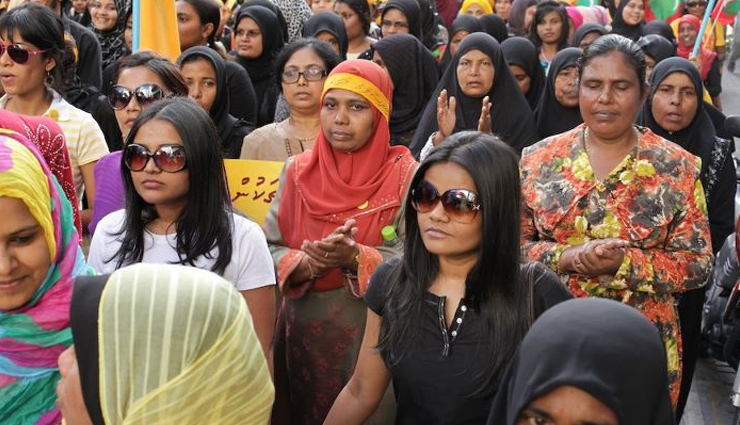
# A Muslim Nation
Visitors should realize that the Maldives is a strictly Muslim nation, and obeying local laws and traditions are a requirement. Both the Shari’a and Ja’fari schools of law are represented on the islands, with the Shari’a overseeing family and criminal law. Originally a Buddhist nation, the Maldives were converted in the 12th century by traveling Islamic holy men, who were accompanying traders and merchants on their long journeys.
In the 16th century, the islands were colonized by the Portuguese, who attempted to convert them to Christianity. The conversion failed, ending in violence and bloodshed. With the restoration of their government, the position of King came to be seen as a sacred position made possible by Allah. By law, the president and all cabinet members must be Sunni Muslim.



